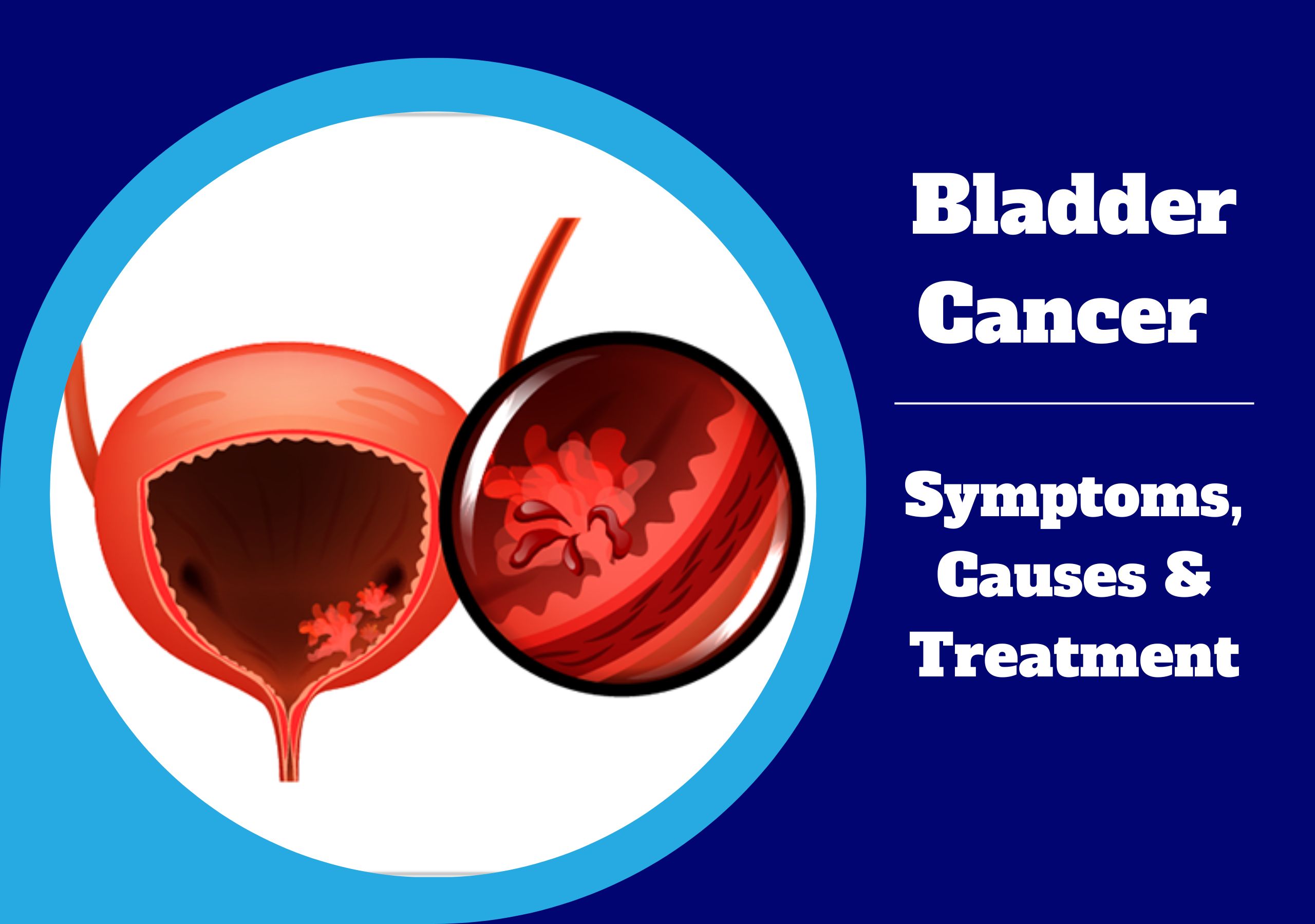Bladder cancer, often overshadowed, demands a closer examination of its causes, treatment options, and symptoms. Here’s a deeper dive into each aspect:
Unraveling the Causes: Bladder cancer’s origins are multifaceted. While definitive causes can be elusive, several key factors contribute to its development. Smoking stands as the most significant risk factor, responsible for approximately half of all bladder cancer cases. Occupational exposures to chemicals like aromatic amines, commonly found in industries such as dye manufacturing, also play a prominent role. Chronic bladder inflammation or infections, radiation exposure, and certain genetic predispositions further add to the complexity of bladder cancer’s etiology.

Navigating Treatment Options: Treatment for bladder cancer is highly individualized, tailored to each patient’s unique circumstances. The approach depends on factors such as cancer stage, grade, and overall health. Surgical interventions, including transurethral resection of the bladder tumor (TURBT) and cystectomy, may be employed to remove cancerous tissue. In cases of non-muscle-invasive bladder cancer, intravesical therapies like immunotherapy or chemotherapy may be administered directly into the bladder. For more advanced or aggressive cancers, systemic treatments such as chemotherapy or immunotherapy may be recommended. Radiation therapy may also be utilized, either alone or in combination with other treatments, to target bladder tumors.
Recognizing Symptoms: Bladder cancer often conceals its presence in its early stages, making symptom recognition crucial for timely diagnosis. While symptoms can vary, common signs include blood in the urine (hematuria), which may appear pink, red, or cola-colored, urinary urgency or frequency, pain or burning during urination, and pelvic pain. These symptoms can easily be mistaken for less serious conditions like urinary tract infections, highlighting the importance of seeking medical evaluation for persistent or concerning urinary changes.
By understanding the intricate interplay of causes, treatment modalities, and symptoms associated with bladder cancer, we equip ourselves with the knowledge needed to confront this disease head-on. Let’s continue to raise awareness, promote early detection, and advocate for comprehensive care for all those affected by bladder cancer.
For more information and resources on this topic visit Home – World Bladder Cancer Patient Coalition






